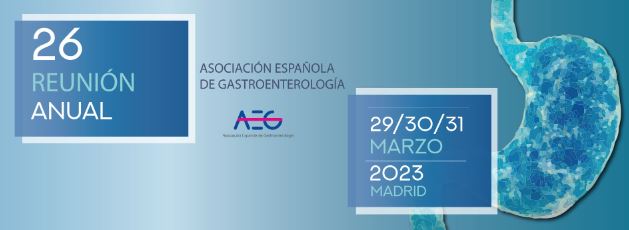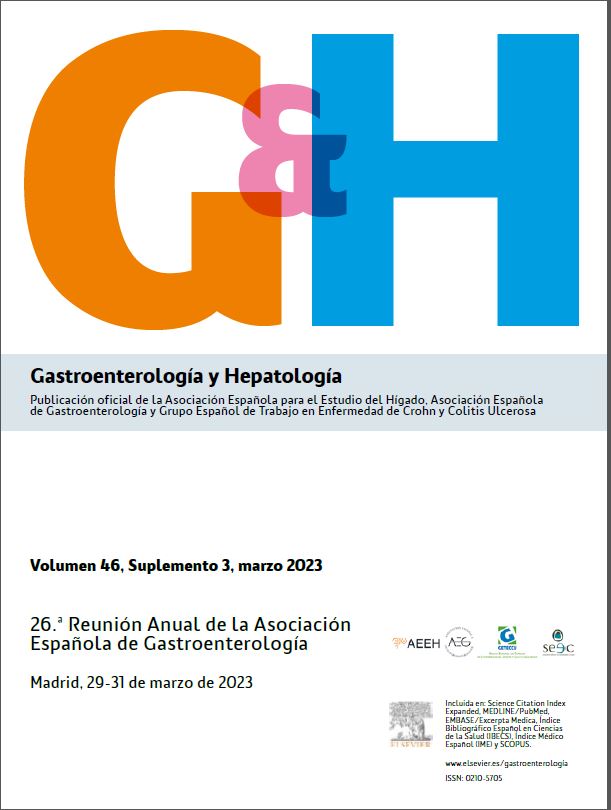177 - NOVEL PLATINUM-BASED CHEMOTHERAPEUTIC AGENTS HALT CHOLANGIOCARCINOMA PROGRESSION THROUGH THE INDUCTION OF INTER-STRAND DNA BREAKS, PREVENTING DNA REPAIR MECHANISMS
1Department of Liver and Gastrointestinal Diseases, Biodonostia Health Research Institute-Donostia University Hospital, University of the Basque Country (UPV/EHU), San Sebastian. 2Department of Organic Chemistry I, Center of Innovation in Advanced Chemistry (ORFEO-CINQA), Faculty of Chemistry, University of the Basque Country (UPV/EHU) and Donostia International Physics Center (DIPC), San Sebastian. 3Experimental Hepatology and Drug Targeting (HEVEPHARM) Group, Institute of Biomedical Research of Salamanca (IBSAL), University of Salamanca. 4National Institute for the Study of Liver and Gastrointestinal Diseases (CIBERehd, "Instituto de Salud Carlos III"). 5IKERBASQUE, Basque Foundation for Science, Bilbao. 6Department of Medicine, Faculty of Medicine and Nursing, University of the Basque Country (UPV/EHU), Leioa. 7Department of Biochemistry and Genetics, School of Sciences, University of Navarra, Pamplona.
Introduction and objectives: Cholangiocarcinoma (CCA) comprises a heterogeneous group of biliary malignant tumors characterized by dismal prognosis. The first-line treatment for advanced CCA [cisplatin (CisPt) and gemcitabine] is considered palliative due to the high chemoresistance of this cancer, barely impacting on patients’ overall survival. Here, we aimed to design, synthesize and study a new generation of platinum (Pt)-derived chemotherapeutic drugs that produce inter-strand DNA breaks (vs classical single-strand breaks induced by CisPt and related compounds) and thus prevent the development of DNA repair mechanisms in cancer cells.
Methods: Ten Pt-derivatives (Aurki-Ptσ) were designed and synthesized. Atomic Force Microscopy (AFM) and Transmission Electron Microscopy (TEM) were used to characterize the binding of Aurki-Ptσ to DNA. The antitumoral effect of these Aurki-Ptσ was evaluated by measuring the viability of human CCA cells (EGI-1 and HUCCT1), newly generated CisPt-resistant EGI-1 CCA cells and normal human cholangiocytes (NHC). The DNA damage induced by the two best candidates (Aurki-Pt#1 and #2) was assessed using the comet assay. To ascertain the internalization mechanism of Aurki-Pt#1 and #2, substrate competition studies through flow cytometry and accumulation studies using HPLC-MS/MS were carried out. Finally, the effect of Aurki-Pt#1 and #2 was also tested in vivo on a subcutaneous xenograft model of CCA.
Results: Aurki-Ptσ induced inter-strand DNA breaks, and the subsequent DNA fragmentation, contrary to CisPt. Aurki-Pt#1 and #2 significantly reduced CCA cell viability. Both compounds triggered increased DNA damage in CCA cells when compared to CisPt, thus being more effective when inducing apoptosis in vitro. Importantly, Aurki-Pt#1 and #2 also promoted cell death in CisPt-resistant CCA cells, while this lethal effect was absent in NHC in culture. On the other hand, Aurki-Pt#1 and #2 decreased the proliferation of those CCA cells that survived but did not have any effect on NHC. Aurki-Pt#1 and #2 were transported into cells through OCT1, OCT3, CTR1 and OATP1A2, which did not transport CisPt. Finally, Aurki-Pt markedly hampered tumor growth on a subcutaneous xenograft model of CCA in comparison with CisPt or vehicle control.
Conclusions: This new generation of Pt-derived chemotherapeutic drugs selectively diminishes CCA cell viability through the induction of inter-strand DNA breaks, representing a promising therapeutic tool for naïve or CisPt-resistant CCA tumors.









